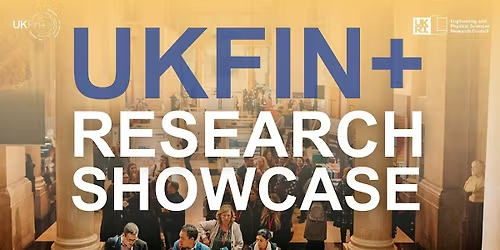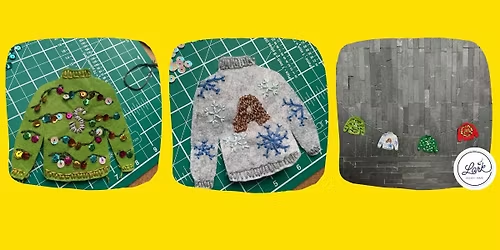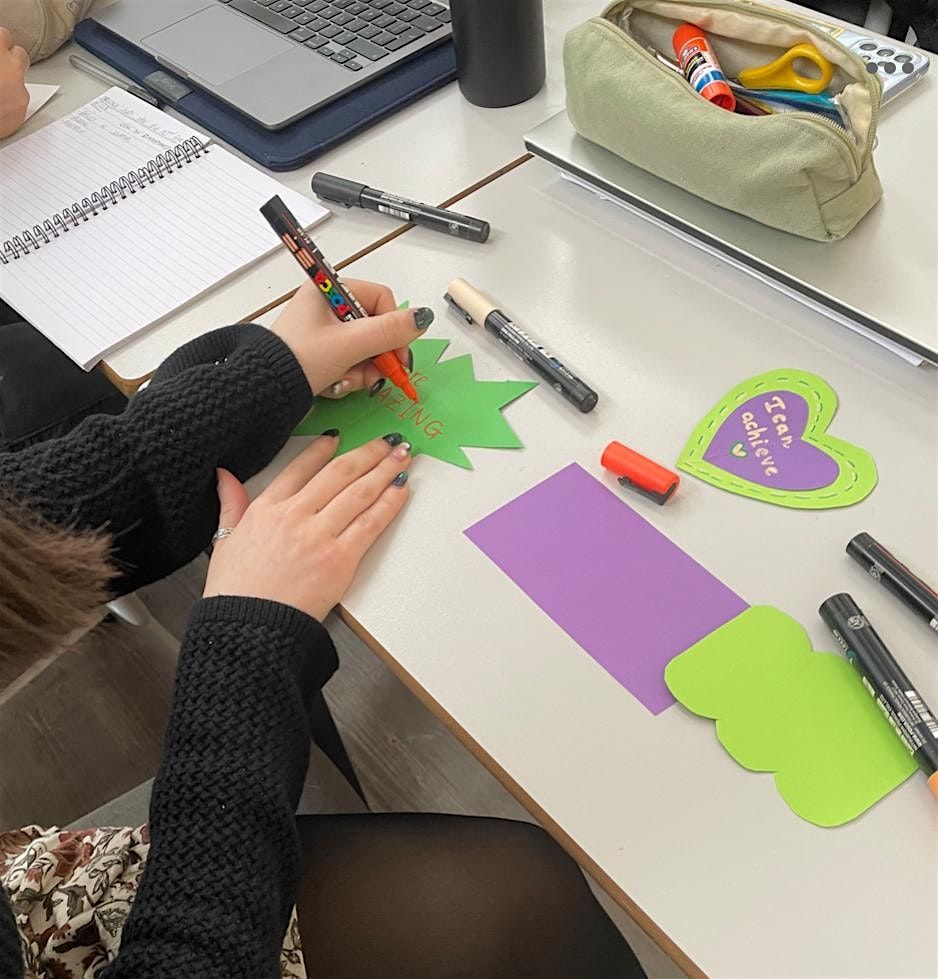Reassessing the 20-Minute Neighbourhood: Can We Really Live Well Locally?
Schedule
Mon Nov 24 2025 at 04:00 pm to 05:30 pm
UTC+00:00Location
Glamorgan Building | Cardiff, WA

About this Event
Event hosted by SPACE, and a joint venture between Cardiff University, University of Dundee and Urban Design Group
Guest speaker Prof. Husam AlWaer (University of Dundee)
24 November 4-5:30 pm,
Cardiff University, Glamorgan building, Lecture Theatre Room -1.61, level -1.
We would like to invite you to this timely event, which aims to bring together academics, practitioners, and the public from the Southwest of England and Wales to discuss the sustainable future of our cities and neighbourhoods, following the publication of Professor Al Waer’s recent report on 20-Minute Neighbourhoods.
Abstract
Arguably, the most acclaimed urban policy response to the Covid-19 pandemic and the climate crisis has been the Fifteen-Minute City and 20-Minute Neighbourhood models, which have been developed and applied across the world to support established urban development and community regeneration (e.g., in Paris and London), address lower-density sprawl (e.g., in Greater Melbourne), and promote compact urban growth and local living (e.g., in Scotland).
These initiatives build upon the long-standing notion that people should be able to access most of their daily needs within 15–20 minutes of home, thereby reducing commuting distances and transport demand while strengthening neighbourhood identity and liveability.
However, these initiatives also raise several critical questions, particularly in the context of
Covid-19, the future of liveable cities, and climate mitigation:
• Can we truly accommodate an urban quarter within a 15–20-minute radius?
• Can the configuration of urban structure determine how (dis)connected or (im)permeable a neighbourhood is?
• Could such models draw investment, services, and decision-making power back into local communities?
• Or do they misjudge the hierarchical nature of cities, including the role of their centres?
• How can we determine the appropriate density and urban structure needed to support facilities and services that enable local living and 20-minute neighbourhoods?
• How can higher and medium housing densities be effectively used to support mixed-tenure developments that are tenure-blind in both form and appearance?
• How can urban design and architectural strategies generate a critical mass of residents to sustain essential urban services, rather than merely meeting predetermined density targets?
• And finally, what would the benefits and risks be for the economy, health, and the environment? For residents, traders, employers, and transport providers? For the old and young, families and singles?
This presentation will explore whether these initiatives represent a welcome and effective way to organise urban life. It will guide the audience through key considerations for a 20-minute neighbourhood strategy, including the following:
• Understanding and articulating the desired outcomes that politicians, planners, architects, urban designers, and other decision-makers aim to achieve;
• Correctly assembling the means—mechanisms, levers, triggers, and causal factors—necessary to produce a 20-minute neighbourhood; and
• Defining the changes in systems and behaviour required to support its successful implementation and operation.
Biography
Prof. Husam AlWaer
Qualifications:
M.Arch (hon), MRTPI, Ph.D, BREEAM AP, AoU, Recognised Practitioner in Urban Design (UDG), PlacemakingX expert
Academic appointments:
Chair of Urban Design, University of Dundee, School of Art and Design (Architecture & Urban Planning)
Husam is an 'urbanist', with a background in architecture, urban planning and sustainability. He is currently Chair of Urban Design at the University of Dundee, having previously researched and taught at Reading and Liverpool universities. He has worked with various UK and International governmental and corporate agencies on research, training and engagement projects. Husam’s work has had a demonstrable impact in both academia and practice. He has a focussed interest in the past and future of sustainable places, towns and cities (including the 20 minute Neighbourhoods), and in particular the development of new approaches to sustainable urbanism and the way new methodologies are facilitated and managed. Husam is an award-winning author with published work on a wide range of subjects from architecture, urbanism, sustainability, and healthy neighbourhoods to the specifics of placemaking facilitation and performance evaluation. He brings insight to research, teaching, community stakeholder engagement and professional practice at the intersection between theoretical and contemporary policy and practice. Titles include: Site and Composition: Design strategies in Architecture and Urbanism; Rethinking Masterplanning: Creating Better Places; Unpacking the concept of 20-minute neighbourhoods: disentangling “desired outcomes” from the “means” available for achieving them; Changing the Focus: Viewing Design-Led Events within Collaborative Planning; Unhealthy Neighbourhood “Syndrome: A Useful Label for Analysing and Providing Advice on Urban Design Decision-Making?; and ‘Urban design as a specialised, evidence-based, coordinated educational and professional endeavour’. His achievements have positioned him as a leading authority in the field and the first international scholar to win four prestigious awards by the Institution of Civil Engineering (ICE)—the and —within the last eight years (, and , ), bringing distinction, international exposure, and recognition not only to himself but also to Architecture and Urban Planning disciplines. Husam is a member of the Urban Design Group Executive Committee, and Honorary Chief Editor of the Urban Design and Planning journal. He was invited as an Official Observer and Presenter at COP26 in Glasgow, and more recently invited to speak at the World Urban Forum in Cairo in 2024.
Where is it happening?
Glamorgan Building, King Edward VII Avenue, Cardiff, United KingdomEvent Location & Nearby Stays:
GBP 0.00




















